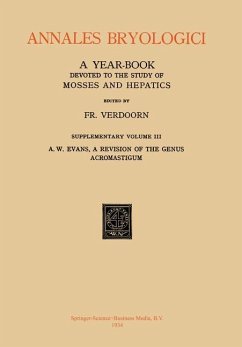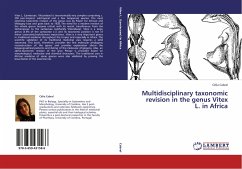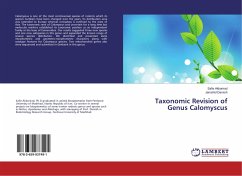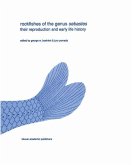The writer's genusAcromastigum( I 0) illustrates terminal branching from both lateral and ventral segments and is the only genus of the Hepaticae with which the latter type of branching has been associated. The branches arising in this exceptional manner are flagelliform in character, and each shows at the base a narrow and incomplete underleaf. This represents the part of the segment that was not involved in the formation of the branch. In the writer's discussion of branching in the leafy Hepaticae (II, p. 23), terminal branching from ventral segments is definitely distinguished as the "Acromastigztm" type, and its distinctive features are pointed out. In the genus Bazzania, or M astigobryum as it is often called, the ventral flagelliform branches are intercalary in origin and arise in the axils of underleaves. Except for this important difference the genera Acromastigum and Bazzania have much in common, and the only species of Acromastigum which has so far been recognized was origi nally referred, with some doubt, to the genus M astigobryum. This species, which is now known as A. integrifolium (Aust.) Evans, is apparently confined to Hawaii.
Hinweis: Dieser Artikel kann nur an eine deutsche Lieferadresse ausgeliefert werden.
Hinweis: Dieser Artikel kann nur an eine deutsche Lieferadresse ausgeliefert werden.








